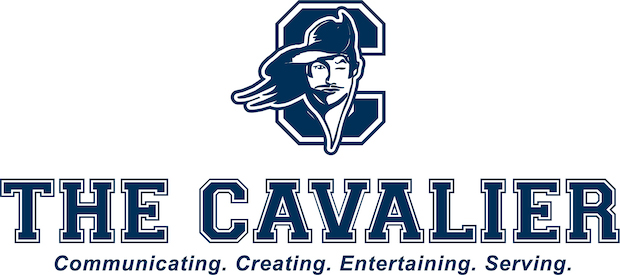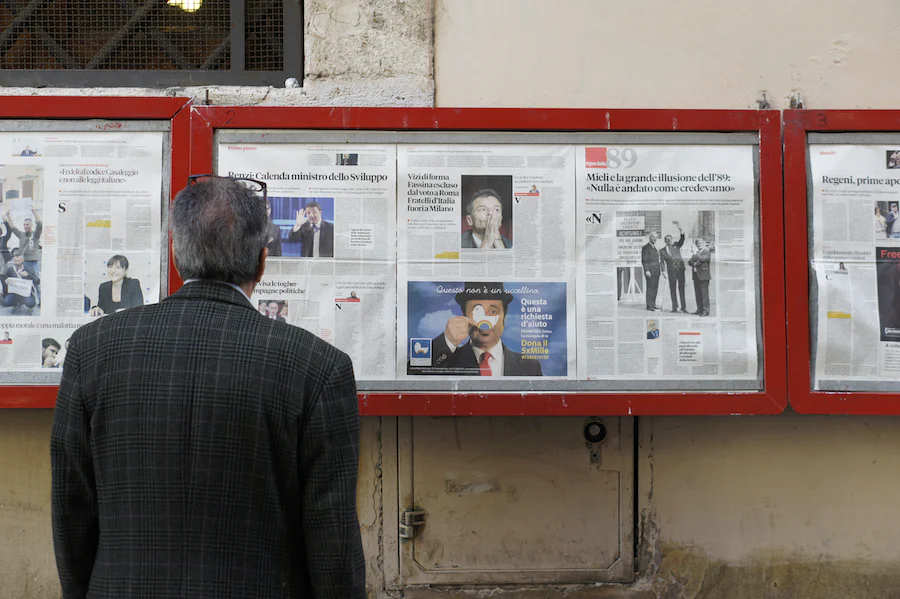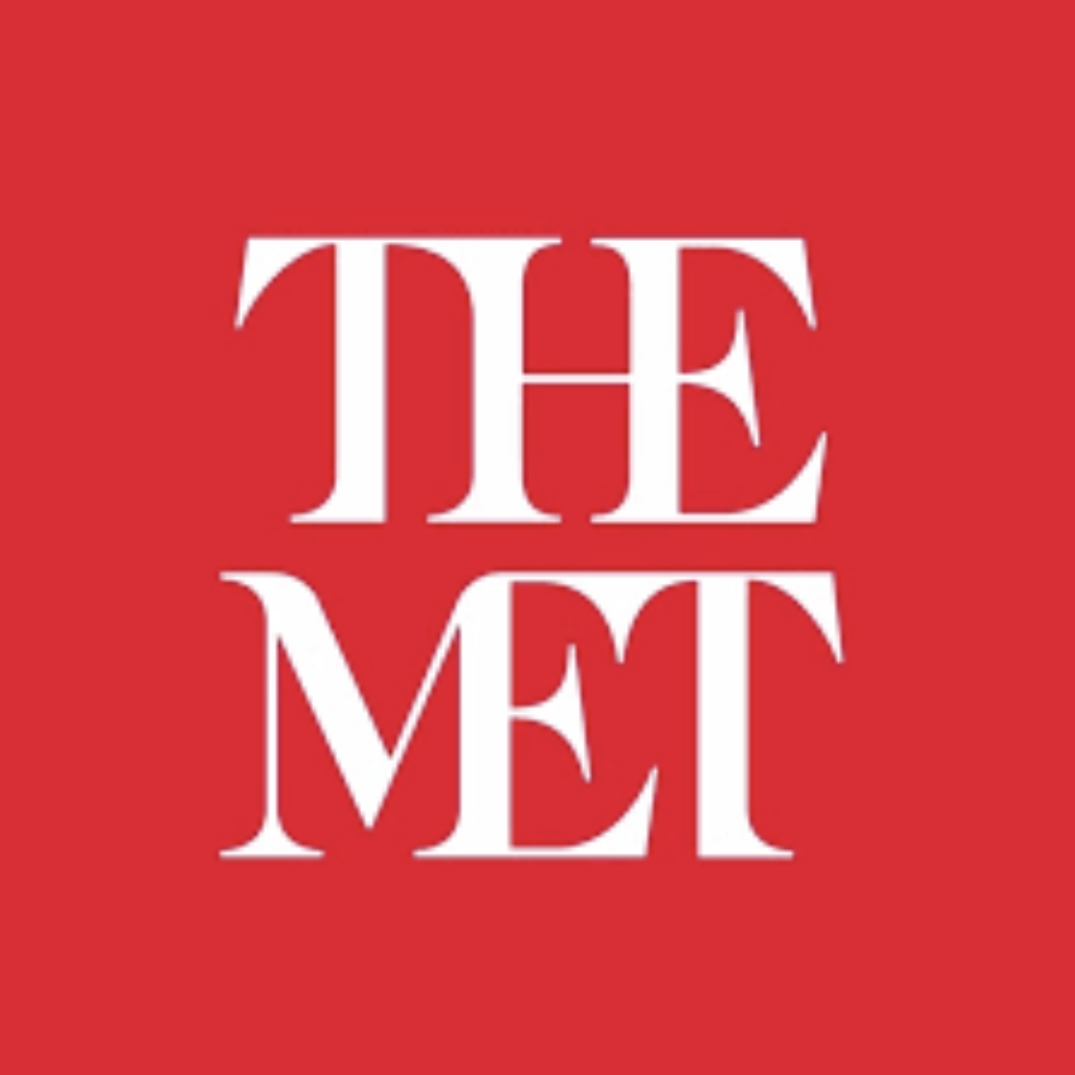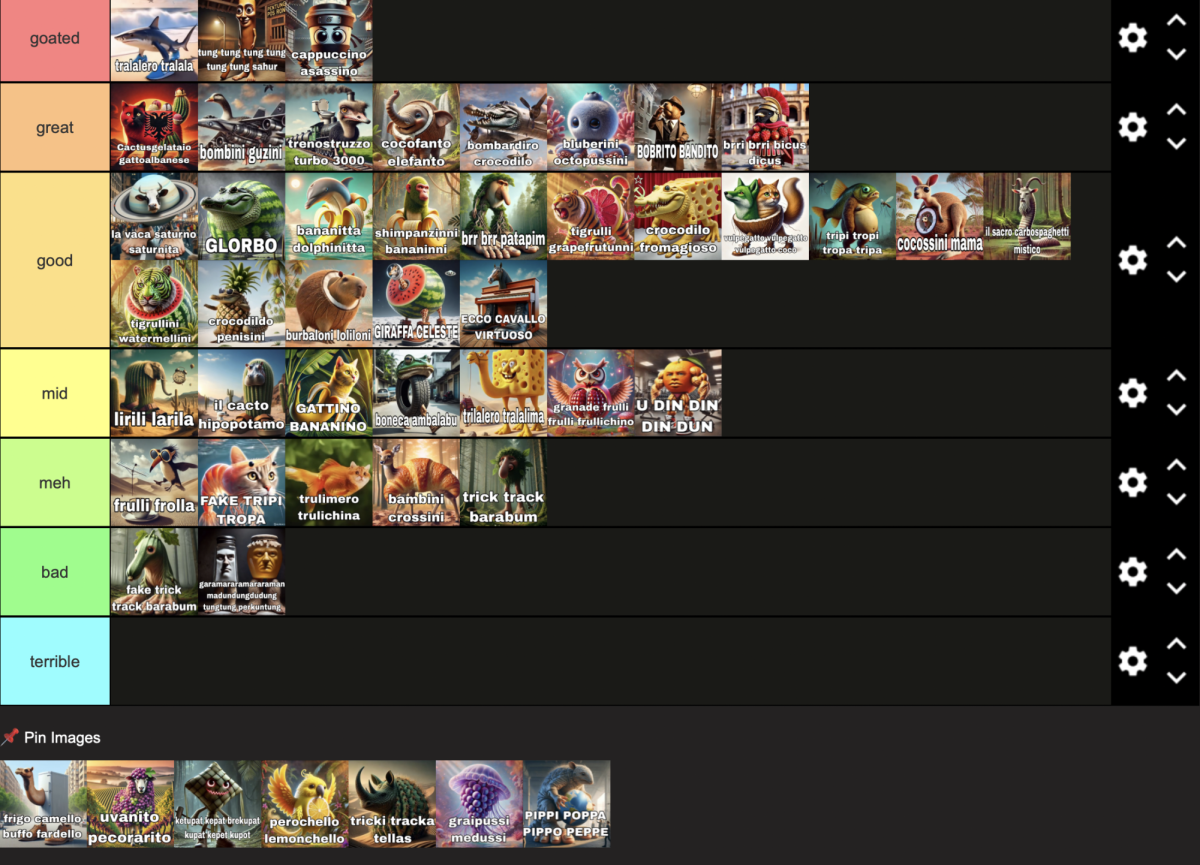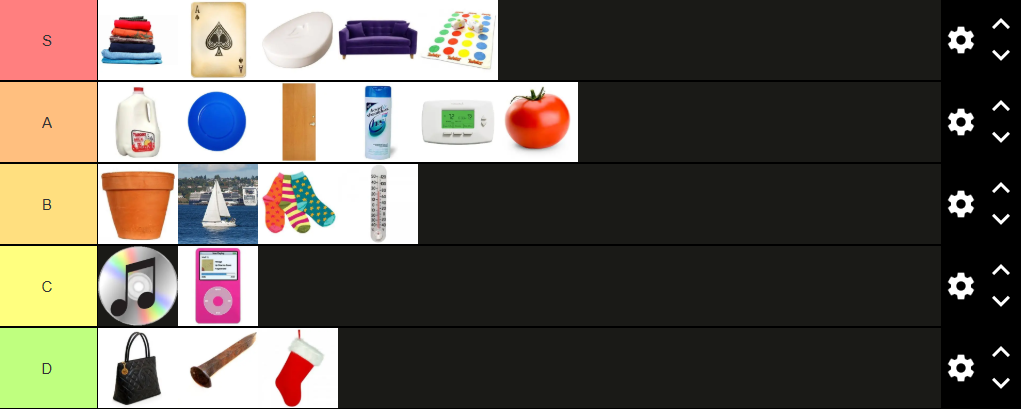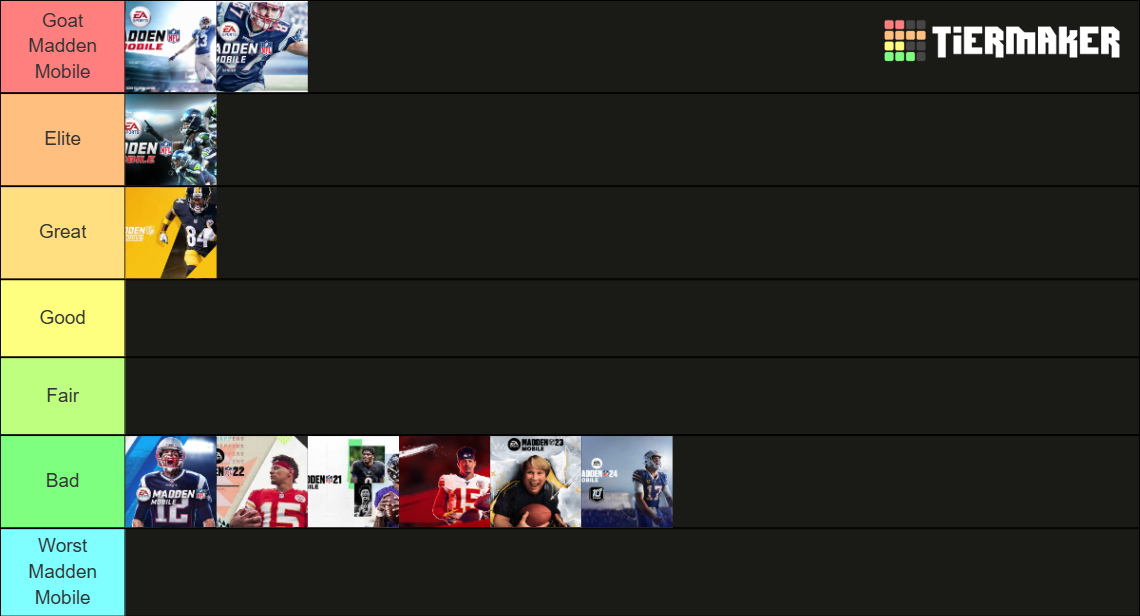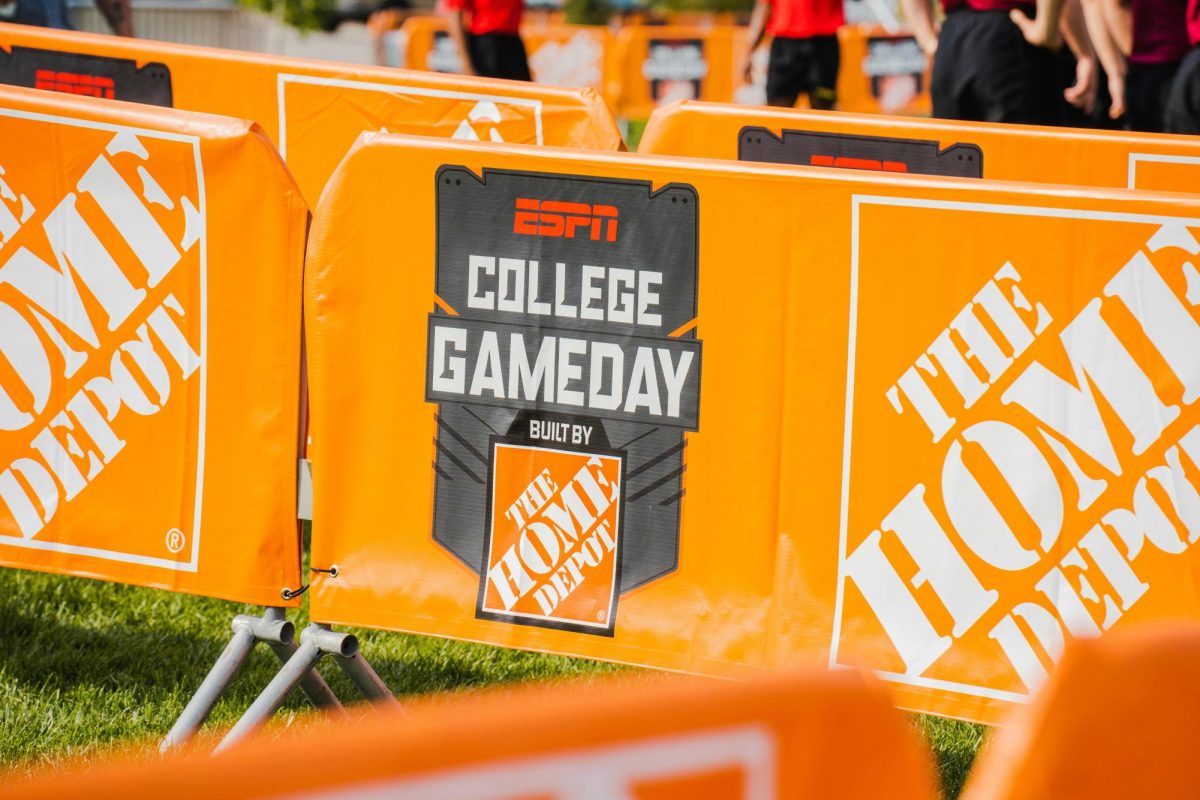This week, January 22-26, is an important one in the Cavalier community. In addition to Homegoing, this week also marks the fourth annual News Literacy Week, a campaign started and run by the News Literacy Project.
On the News Literacy Project’s website, they define news literacy as “the ability to determine the credibility of news and other information and to recognize the standards of fact-based journalism to know what to trust, share and act on.” While being informed on current events is always important, it’s especially crucial in an election year when misleading headlines are likely to be prevalent.
Due to the rise of social media, misinformation has become more common than ever. Since Elon Musk’s purchase of Twitter, now known as X, in October 2022, the app has fostered widespread misinformation. In a massive year for worldwide elections where social media will likely play a larger role than ever before, being able to detect untrustworthy information online is critical.
When asked about news literacy, CCES junior Eric Jeray said he mostly follows news on social media. He admitted that some of the information he sees is untrustworthy, but says he is cautious when intaking information. Fellow junior Nolan Quinn said that he often follows news related to business and sports. He added that he believes he has a good understanding of which headlines are trustworthy and which aren’t.
With this being said, not all forms of misleading and false information occur on apps like Instagram and TikTok. Fox News, for example, recently paid Dominion Voting Systems nearly $800 million to avert a defamation trial after falsely claiming that Dominion’s voting equipment attributed votes cast for Donald Trump to Joe Biden. Even established news sources can be culpable of promoting false claims. With this being the case, projects like News Literacy Week are extremely important in promoting news literacy.
